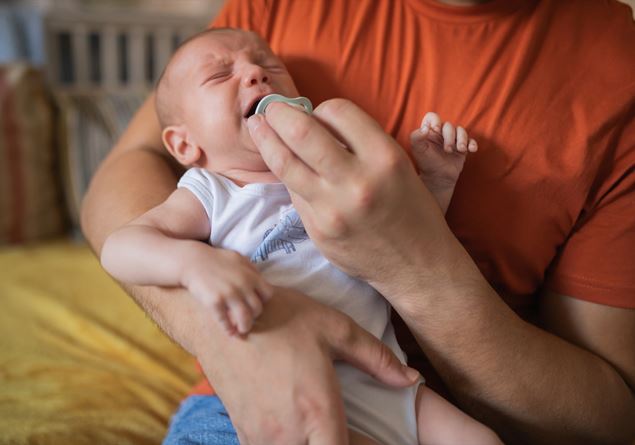Of Don Virginio Colmegna
In celebrating the jubilee of mental health, we have the opportunity to look with greater awareness of a theme that touches us up close. Mental health is not a sector part of medicinenor can it be reduced to a question of diagnosis. It is health and as such it concerns us in our entirety of people, not patients.
Franco Basaglia’s intuition – according to which the person does not identify with his illness – remains a current call. Too often, however, we continue to talk about the disease, losing sight of those who live suffering. This is also why the battle against stigma remains open and difficult. Many families find themselves alone, forced to take charge of complex situations, or entrusted to institutions far from their territory. The services thus become separate places, and physical, relational and social distances multiply.
In the meantime, A society increasingly crossed by fear and violence risks transforming every fragility into a problem to be isolated. The psychic discomfort is “psychiatrist” to be neutralized, made invisible, removed. But in doing so, we give up looking in the face a reality that instead has to do with each of us.
Cardinal Carlo Maria Martini had sensed him, speaking of “therapeutic citizenship” and referring to the Gospel song of the Gerasa kidnapping. To be authentic, each healing path must start from the recognition of the person as part of the community. We need a network of emotional relationships, not just structures. The word “community” cannot remain to indicate a place that hosts people: he must embody ties and shared responsibilities.
In today’s fragmented society, new dynamics are needed: tutors, foster care, accompaniments, listening to the caregiver. But for these experiences to multiply, it must win a culture capable of breaking exasperated individualism. It is not a question of gestures of goodness, but of collective construction of the future. It is worth remembering it just today, when many families ask themselves with anguish: “When will I no longer be there, who will take care of my disabled son?”. New professional figures are needed, a renewed enthusiasm of civil society is neededare needed a different narrative and language, which know how to humanize, approach. It is not just a matter of rewarding or bringing virtuous projects on stage, but of recognizing the daily, concrete effort behind every true experience of welcome and care.
Pope Francis shows us with his testimony a possible way: Put in the center not suffering, but the person, to promote a culture of proximity, recognize in fragility not a defect, but a generative place. The Gospel is full of episodes in which suffering is intertwined with healing, not by sudden miracle, but because someone has stopped, he listened to, he had care. Today more than ever it is worth working to return this possibility to every person who suffers.








